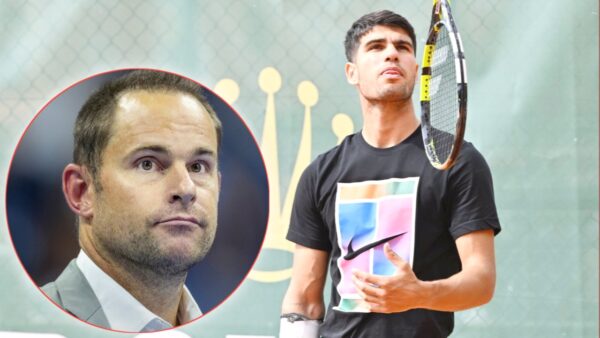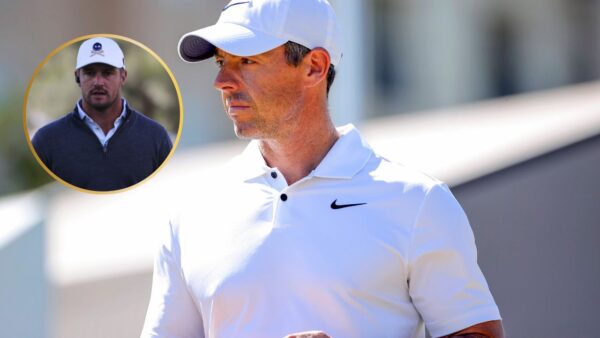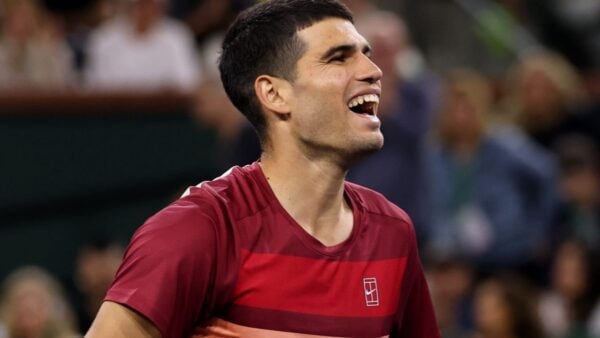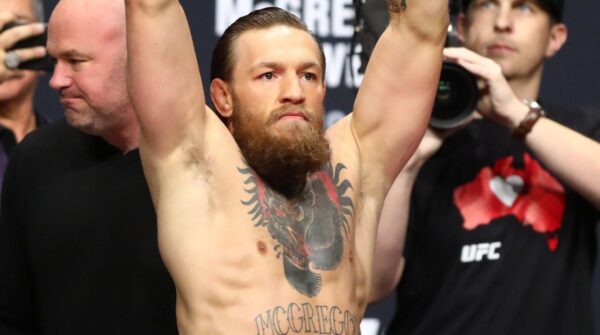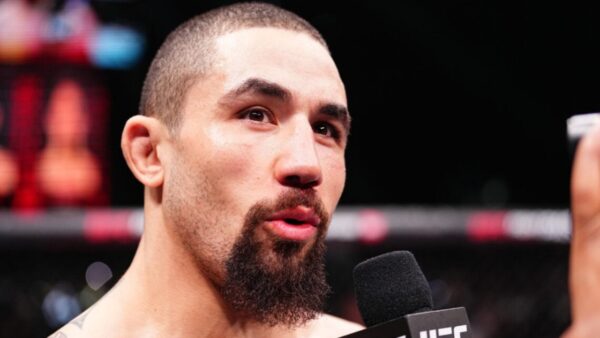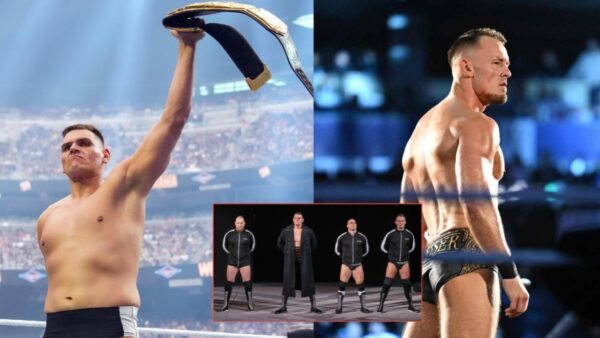Marta Kostyuk gives another twist to Russia vs Ukraine War
Marta Kostyuk continues boycott of Russians as she refuses to shake hands with Anastasia Potapova after losing her match in the Miami Open.
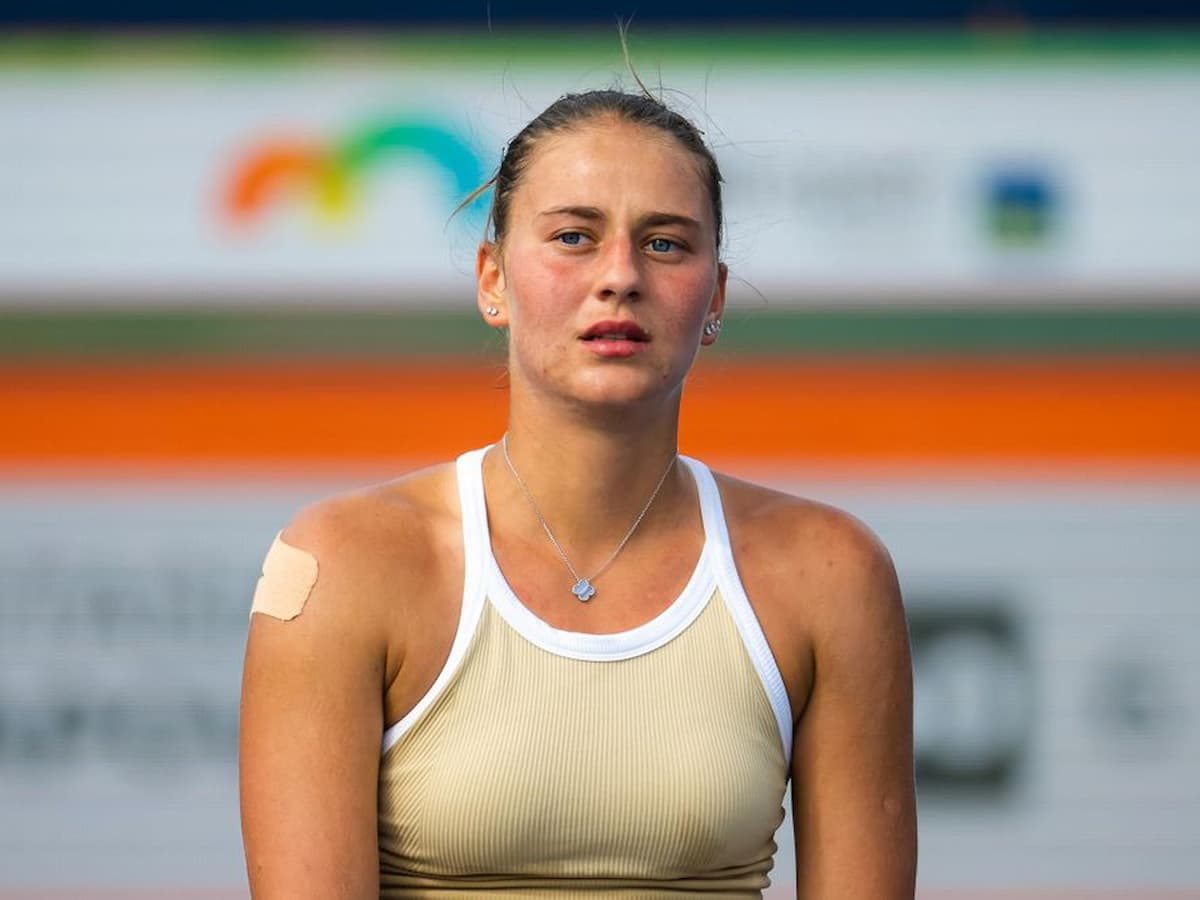
Marta Kostyuk
🔍 Explore this post with:
The Russia versus Ukraine war has witnessed serious repercussions on the global sport. With no end to the madness in sight, despite many powerful countries from the West Bloc trying their bit as well, perhaps time alone will be the healer. This is not the first time a situation like this has emerged, after all India versus Pakistan continues to be no different.
The saving grace is India and Pakistan do compete in events that are not purely bilateral. What is happening in the case of Russian and Belarussian athletes on one side versus Ukraine athletes on the other side is crazy. One woman who has grabbed headlines many times is Marta Olehivna Kostyuk from Ukraine.
She may not be as famous as Iga Swiatek, Elena Rybakina, or Aryna Sabalenka, but Kostyuk has made people watch in astonishment after matches where she takes on Russian opponents. Kostyuk, who has the looks and game, has been in the news since the US Open last year when she competed against Victoria Azarenka. Apparently, before the match in 2022, she had texted Azarenka she would not shake hands with her after the match — win or lose.
The viewpoint of the Ukrainian, who reached a career-high ranking of 38 this week on the WTA computer in singles has been constant. She does not want to shake hands with players who have not spoken out against the war, which has reached crazy proportions. Kostyuk’s angst is well known She had spoken during the US Open last year about how players from Russia and Belarus keeping quiet has hurt her and others in Ukraine.
In case you missed it: “Very privileged,” Coco Gauff expresses her gratitude towards New Balance as she becomes the only active player with her own shoe
Marta Kostyuk refused to shake hands with Anastasia Potapova
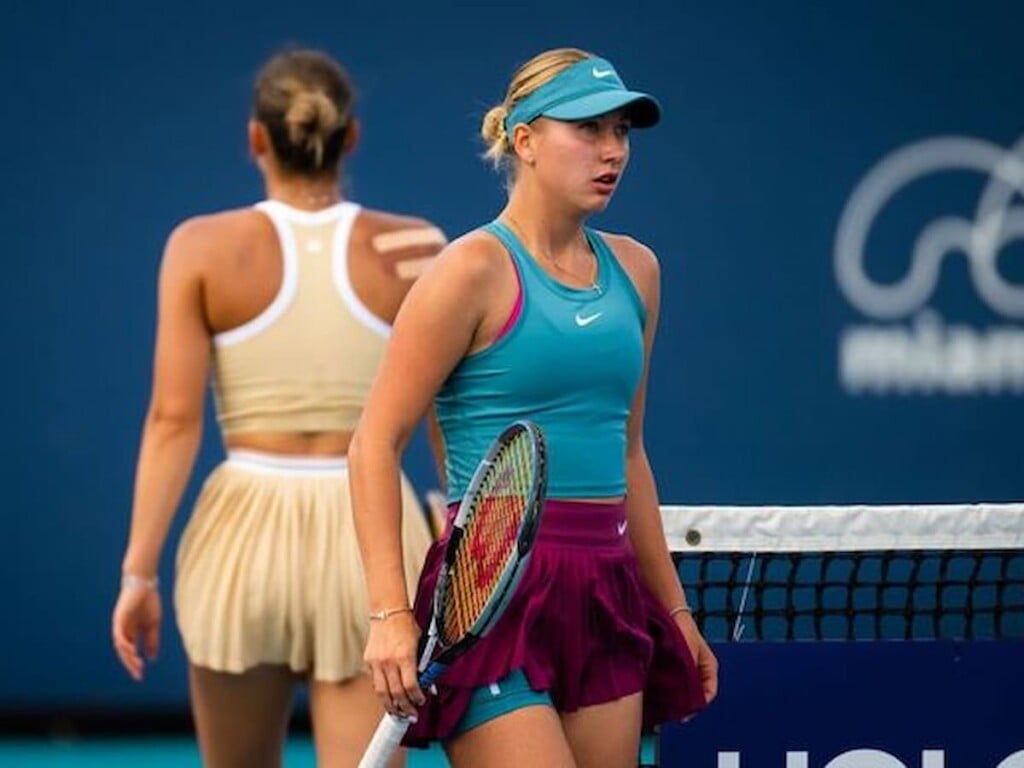
On Thursday night, in Miami, it was a repeat as Marta Kostyuk lost to Anastasia Potapova in straight sets and walked off without shaking hands. It is well known, players shake hands after a tennis match, where a mild hug is also a common sight. Be it men’s tennis or women’s tennis, this is more like being friends, irrespective of the match result.
However, the war dragging on between two countries — Russia and Ukraine — has reached epic proportions. Sample this, around 35 countries are on the side of Ukraine and feel Russia is the aggressor. However, it has made no difference to Russia. The sports world has been ripped apart. Even the International Olympic Committee is nothing more than a mute spectator.
What was interesting, though, was this week Chinese President Xi Jinping made an official visit to Russia. Trade, business, and other stuff were on the agenda. There was also some talk of how a deal could be brokered for Russian sports, though there are “for and “against” views. Among several international sports federations itself, there is divergence. Russian and Belarusian tennis players are out of Davis Cup and Billie Jean King Cup.
There is every reason to believe tennis players will be part of Wimbledon this year, after being banned in 2022.. Adding a new twist to this Ukraine versus Russia “war on tennis courts” is a statement from the Ukraine Tennis Federation telling its players to compete alongside Russian and Belarussian players. The message from the UTF is “beat them,” while this seems quite contrary to the views of their own National Olympic Committee.
Such confusion is bizarre and players have no idea which way this is headed. After all, into the 13th month of the war, there seems no peace or peace of mind for the players. Just to jog the readers’ memory, Ukraine’s Lesia Tsurenko had refused to play Aryna Sabalenka in the third round of the Indian Wells. She initially cited personal reasons for giving a walkover but later revealed she had a panic attack.
Tsurenko was also not happy after she had a chat with a WTA official. Compare this with what goes on between India and Pakistan, the situation is different. The two countries have waged conventional wars in 1965 and 1971. Much later, there was the Kargil war. The bilateral cricket series stopped long ago, yet India and Pakistan do compete in neutral venues, as has been seen in the Asia Cup. Outwardly, Indian and Pakistani cricketers or other athletes do not refuse to shake hands.
The political situation is very different. On a one-to-one basis, Indian and Pakistani athletes still do compete in senior events in cricket. Even in hockey, India versus Pakistan does happen. None knows when the war in Europe will end and how much more optics will be seen on tennis courts. It may make for great headlines, but players’ nerves are frayed. Don’t forget that.
Continue Reading:

